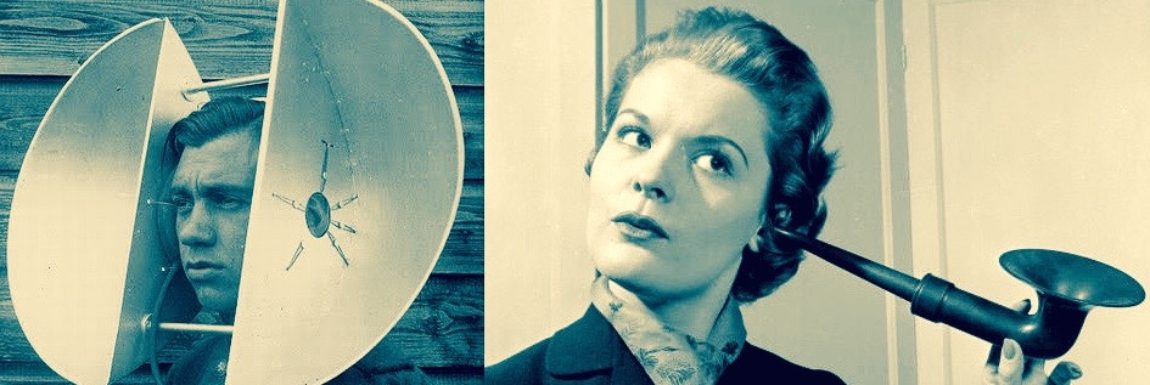
There’s something a little spooky about my new hearing aids.
I’m talking to a friend and she says a few sentences in German. There’s a bit of a pause and then I hear a disembodied voice in my ears translating what she said into English.

That’s just one of the astounding features of Starkey’s new Livio AI hearing aids. The technology packed into the devices behind my ears, on my phone and up there in the cloud, represents a quantum leap frog over the competition, at least for now.
In effect, Starkey has re-invented the hearing aid and turned it into a multi-purpose device that they compare to the first iPhone because, they say, it will have a revolutionary impact on an entire industry.
But for hearing impaired people like me the most important question is, “Will I be able to hear better?” I can report that the Livio AI delivers the best sound quality I have experienced. It marks the debut of what Starkey calls its new Hearing Reality technology which is designed to enhance speech clarity and help you cope better in noisy environments.
It’s not perfect of course but I have found that with a tap or two on the app I am now more often able to handle a conversation amid the hubbub of a crowded restaurant.
The AI in the name reflects the Livio AI’s integrated artificial intelligence features and machine learning capabilities that help you cope with different environments.
Starkey’s Chief Innovation Officer Dave Fabry says that, in effect, the hearing aids constantly monitor the acoustic environment you find yourself in and then respond by applying any needed changes to what you hear. For example, it may compensate for an increase in reverberation.
“Hear better, live better,” says Fabry, “It’s our mantra.” The emphasis on high quality sound processing is one part of that equation. The other is physical and mental health.

Indeed, they have dubbed the Livio the world’s first “Healthable”, a nod to “wearables” such as Fitbits and Apple Watches.
Like those two devices, the Thrive app tracks the number of steps you take and how active you are.
But what makes it unique, and I dare say revolutionary, is the “Brain” score. There is conclusive evidence of the link between cognitive decline and depression in older people with hearing loss. To address that the Livio listens in on how you are reacting to your environment.
Again, that’s kind of spooky because it is essentially eavesdropping to track how long during the day you wear your hearing aids, how engaged you are in conversations and whether you are actively listening.
It adds it all up to give you a score and hopefully the motivation to improve both the “body” and “brain” scores. As Fabry notes, the idea is the “gamification” of the device to foster engagement.
Starkey has also just announced that it’s adding a heart rate monitor to the app menu as well as a feature called Fall Detection that senses when you’ve taken a tumble and sends an alert to let someone know. The company says that all this is just the beginning.
“Our product roadmap will bring even more innovations and quality of life improvements,” Says Starkey’s Brandon Sawalich. “We want our customers to feel connected to all the people and activities we love.”
It’s easy to feel a little swamped by all these rapidly evolving features and developments. Indeed, I have not listed everything the Livio AI is capable of. Mastering it all may intimidate the less technically adept. But for anyone familiar with a smartphone the interface is fairly intuitive.
Another feature worth noting is the remote connection you can have with your audiologist or hearing specialist. In my case when I needed a few tweaks to the settings I answered a few simple questions on the app and added a note. My request was relayed to the man who did a great job fitting me, Kris Lachapelle at Starkey Canada. He looked at my request and made a few helpful adjustments. All of it done remotely via the cloud. Very convenient.
The other day I told a friend what these hearing aids are capable of. He responded that it seems to him that I am well on my way to becoming a cyborg.
That too sounded a little spooky. But on balance I find life on the frontier of science fiction much better than the alternative.

